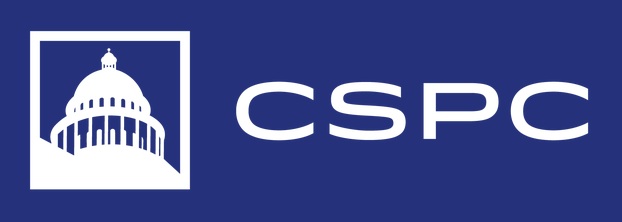2018-2019 Fellows Review
The Presidential Fellows program began in 1970 with the mission of inspiring young people to pursue careers in public service. As we get ready to celebrate the program’s 50th anniversary next year, I am delighted to see how the fruits of that initial idea have come to bear. Today, we have former Fellows serving as lawmakers in the U.S. Congress and the Canadian Parliament, top officials in state and municipal governments, journalists in leading media organizations, policy experts in non-profits and international organizations, as well as civicallyminded corporate leaders. I am confident that the 2018-2019 class will continue this legacy of excellence.
Over the course of their Fellowship year, this cohort had the opportunity to learn about bipartisanship in our hyper-partisan times from Colorado Governor John Hickenlooper and Ohio Governor John Kasich; discuss U.S. trade policy with Dr. Peter Navarro, Assistant to the President and Director of the Office of Trade and Manufacturing Policy; and explore challenges to U.S. national security with the Director for Strategic Planning at the National Security Council, Colonel Stephanie Ahern. They took the lessons garnered in these and other conversations and developed research projects on some of the most challenging issues of our times from the path forward on healthcare to diplomatic pursuits with our adversaries.
Each year we have the pleasure of publishing the best of the Fellows’ work in the Fellows Review. This year, 15 research papers were chosen for publication. Of those, 5 were selected for special recognition for extraordinary research:
The David M. Abshire Award for Most Outstanding Paper by an International Fellow was awarded to Chinami Takeichi of Sophia University in Japan for her exploration of legislative versus executive branch powers through the lens of immigration policy (“What DACA Reveals about U.S. Immigration Structure and Presidential Power”).
The Donald B. Marron Award for the Best Historical Analysis was presented to Brooke Harkrader from the United States Coast Guard Academy. In hear research, Brooke examined Article V of the Constitution, which sets the rules for proposing and adopting amendments. (“The Lost Article”).
Benjamin Flanagan from the United States Air Force Academy was recognized with the Robert A. Kilmarx Award for the Best Military, Intelligence, or National Security Strategic Analysis for his research on the utility of limited air strikes in pursuit of the president’s foreign policy agenda (“The Use of Limited Airstrikes to Further the President’s Foreign Policy Goals”).
Georgetown University student Micah Musser won the James R. Moffett Award for the Most Original Paper on the Modern Presidency or Congress for his review of presidential bioethics commissions (“Bioethics in Public Policy: Examining the Factors Contributing to the Success of U.S. Presidential Bioethics Commissions?”).
David Tallents of the University at Buffalo took home the Richard H. Solomon Award for the Most Original Paper on Foreign Policy or Diplomacy for his analysis on the role Congress plays in shaping the president’s foreign policy agenda (“Executive Agreements and American Foreign Policy”).
We are proud to recognize these Fellows for their outstanding work, and we congratulate all of the members of the 2018-2019 class on their successful completion of the Presidential Fellows program.
We are deeply grateful to the fellowship sponsors for their generous support of the program and the participation of these rising leaders. Without their help, we could not provide such a substantive and meaningful experience for our Fellows. We are also thankful to the participating universities, for their guidance and support to their students.
We are indebted to Carlota Cumella, Stephanie Lizzo, Sarah Weintraub, Crystal Staebell, and Madison Howell for their editorial work on the 2018-2019 Fellows Review under the guidance of Erica Ngoenha, Director of the Presidential Fellows Program. I hope you enjoy exploring the thoughtful questions and insightful analysis in the pages that follow as much as I did.
Glenn C. Nye III
President & CEO
Center for the Study of the Presidency and Congress

